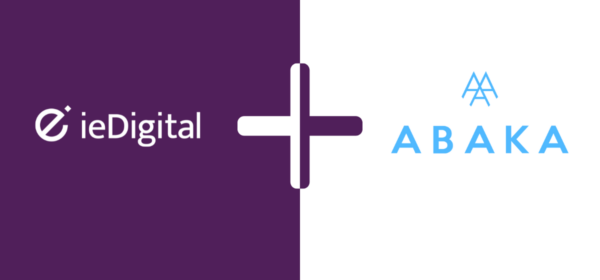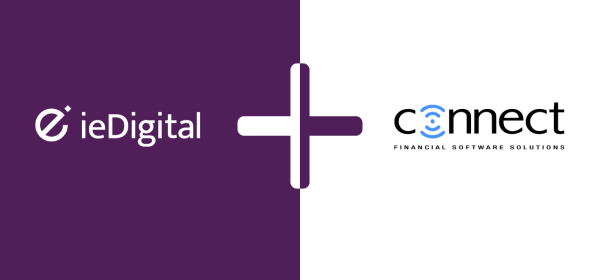Japan is famed for its high-technology lifestyle, but anyone who has spent time in that country knows that there is a clear dichotomy there between old and new. The country with the most reliable train service in the world does not generally have central heating in houses, and the world’s fastest internet delivers pages which look like they were designed in 1990.
Cash-based society
Japan is still largely a cash-based society. Unbelievably, the vast majority of transactions are still performed using paper money. Most adults (64%) now own a credit card, but debit cards are still only for bankers and high-flying business people, and cards can still only be used in major retailers in large cities and towns. To order from internet shops, it is still common to make your order, then pay by postal order (remember them?) at the post office. Internet banking was introduced in the early 2000s, around the time it started to become popular in the UK, but was very slow to take off. The banking method of choice is still to visit the branch.
The Wallet Mobile
This makes it all the more surprising that a Japanese company, NTT-Docomo, produced something called the Wallet Mobile (お財布形態 or Osaifu-Keitai) which replaces cash, credit cards, debit cards, loyalty point cards, train tickets, plane tickets…. basically everything that you could ever need to carry (but not dogs or small children). To use it you first need a compliant mobile device containing a chip, specially produced by Sony, called the ‘Felica Integrated Circuit’. This chip interacts with a sensor to allow contactless transactions. It is now fitted to all new mobile phones.
Mobile chip readers
Mobile banking apps allow access to the user’s current or credit account, allowing payment by just swiping the device close to the chip reader. These readers are in all major shops, and now come as standard in supermarkets, vending machines, taxis, trains, trams, etc.
It is not only banks who have capitalised on the Wallet Mobile. The East Japan Rail Company (JR-East) has a ticket called the ‘Suika’ which works in much the same way as London’s Oyster cards: swipe the card to get through the ticket barrier. This is gradually being replaced by the Suika app, which uses the Felica chip as a train ticket, meaning all you need to board your train is your phone. Forgetting the all-important season ticket is becoming a thing of the past (although there is still no fool-proof way to stop you from sleeping past your station and waking up in Leeds).
Everything in one place
Loyalty points are also big business. Rather than carrying 10 loyalty cards around these can also be stored in the device provided the app is present in the phone, saving valuable pocket space. As usual, swipe the phone and collect the points. This ignores the question of how ‘loyal’ customers who carry 10 cards really are, but this is a technology company; the app does not cater for irony.
The obvious disadvantage is that if someone ever stole your phone you would be in trouble, but NTT-Docomo assures its customers that it only takes a single phone call to lock the chip and prevent any apps from accessing it. Of course that relies on the user saving the phone number somewhere OTHER than in the phone, so you do have to carry at least one small piece of paper and some change for a payphone. (It’s in the small print.)
Wallet Mobile and Apple-Pay
Apple have a similar product called Apple-Pay, which is being trialled in the States as of 2014. But here’s the surprise – Wallet Mobile was fully live in Japan in 2004 – a full 10 years before the rest of the world.














